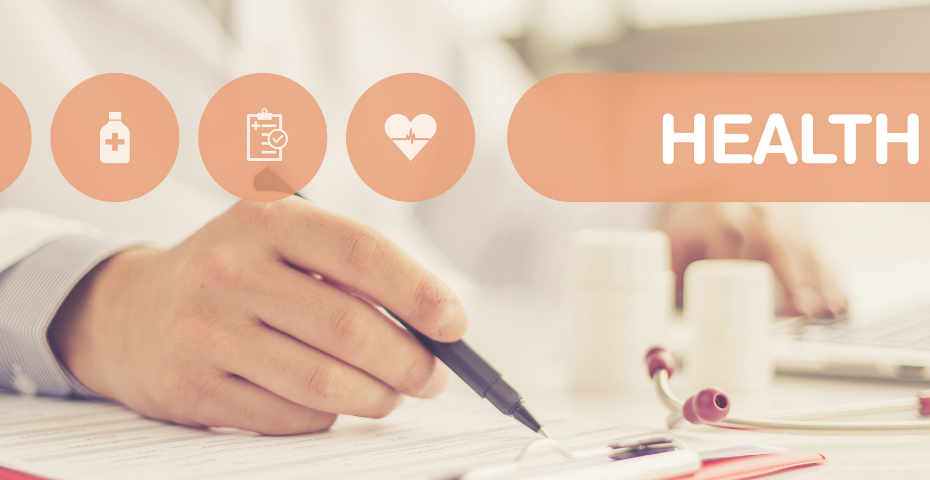Light is the most abundant energy in the universe. However, it is often overlooked as a source of health and wellness. Not only does light affect our physical health in a variety of ways, but it can also affect our mental health by changing our circadian rhythms.
In the past few years, there has been an explosion of research into the effects of light on our health, and the results are surprising. The truth is our body clock, which regulates many of our physiological processes, runs on light. Exposure to light at night can have a profound effect on sleep, sleep quality, and wellbeing.
Light is the thing that affects our health and wellbeing the most. For example, the amount of light you are exposed to all day long can profoundly affect your circadian rhythm and the way your body reacts to the food you eat. This can make you tired in the morning, or unable to sleep, or cause you to become depressed or negatively affected in other ways.
Here are some ways light can affect our health and wellbeing:
- Sleep and Mental Health
Blue light keeps you awake. Blue light is the term coined for the blue light emitted by digital devices such as smartphones, tablets, and laptops. In a nutshell, this light is considered harmful because it can affect our sleep, and even our health, in many negative ways. Recent studies suggest that the blue light emitted by electronic devices can affect how the body functions, especially in children. Children may be more susceptible to blue light because of their developing bodies, while adults are less so. Wearing amber glasses (check Felix Gray or similar stores if you want one) that protects eyes from blue light and also increase melatonin secretion can be considered if you happen to work on a computer daily.
- Mood
Light has the power to affect our mood. A specific type of light can make you feel more or less cheerful, reduce your productivity, or even make you sick. They say light can affect your mood so long as you match your lighting to the time of day or the season of the year. This can be easily done using Mood Lighting Systems in your home, or through other artificial means of lighting. For example, if you’re in the mood to study, you may want to choose a lamp that will highlight your notes. But if you’re feeling happy, you may want to choose a lamp that comes with a warm glow.
Additionally, you can also try mood-boosting glasses similar to https://www.blublox.com/collections/mood-booster-glasses that come in warm tones to enhance your spirit on a gloomy day. Such glasses can also block the blue light to improve your sleep cycle and aid in combating migraine symptoms.
- Productivity
Light is one of the most important tools in achieving optimum productivity. Blue light is best for productivity when you are awake. LED light improves productivity by keeping everyone awake, and it gives that natural light effect in the room. Natural light can reduce stress, headaches, as well as anxiety.
- Appetite
Light affects how hungry you are, how fast you eat, what kinds of food we’re craving and even our insight into the flavor. We consume less food and eat slowly in restaurants with dim lighting.
- Circadian Rhythm
Without properly regulating your natural circadian rhythm, you can suffer from jet lag and remain sleep-deprived for days at a time. Light is a powerful regulator of the body’s natural internal clocks, and we can influence how it affects us. Of course, there are other medical reasons for lack of sleep, and it might require the medical support of a professional from somewhere like Gwinnett Sleep. However, when the cause of bad sleep quality is bad lighting, you need to actively address it.
It is widely known that light has profound effects on the body and can positively impact a person’s state of mind. Research on the benefits of light therapy has grown in recent years, with its application to a variety of health issues. Light therapy has been used to improve sleep patterns and mood, alleviate pain and pressure in the head and neck, as well as to decrease the need for medication, and reduce anxiety and depression.
Light is one of the most important things in our lives, whether we realize it or not. Humans rely on light to live and stay healthy, yet too little light can wreak havoc on our bodies. The amount of light we get on a daily basis is vital to our wellbeing, as any light can affect our bodies. We are able to stay healthy by making sure we get enough light every day.
